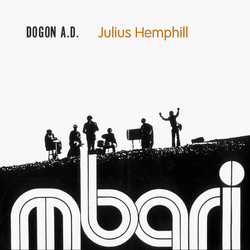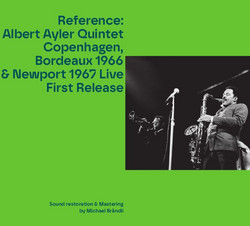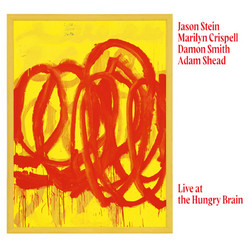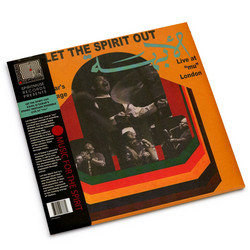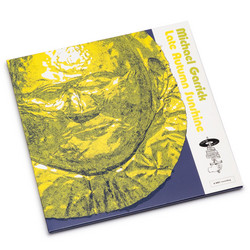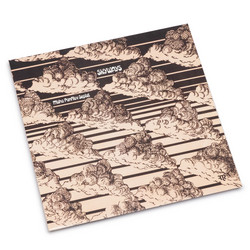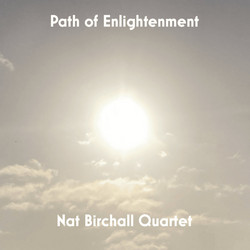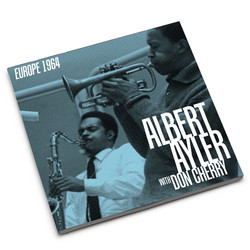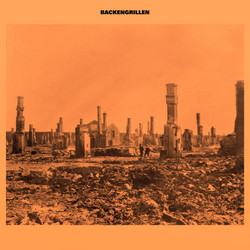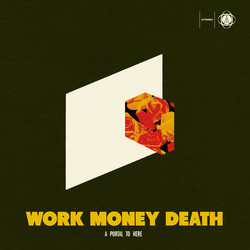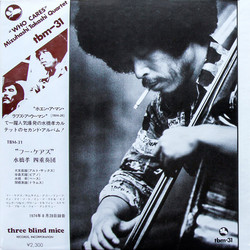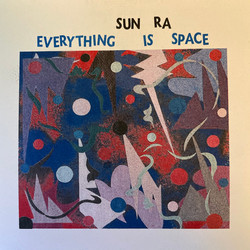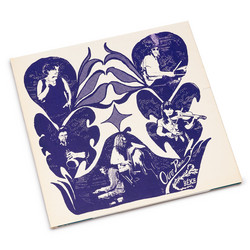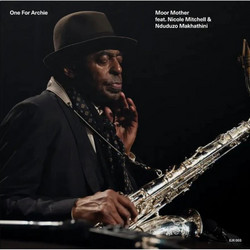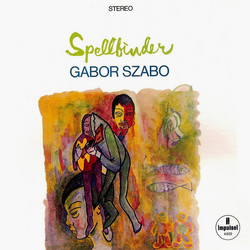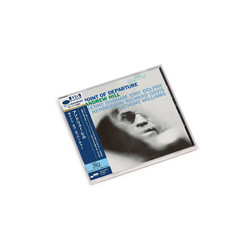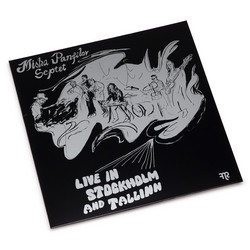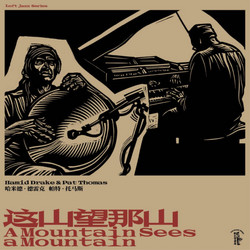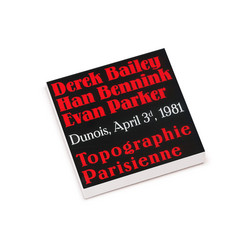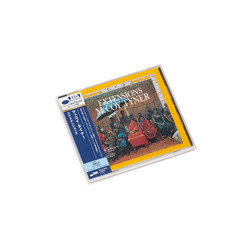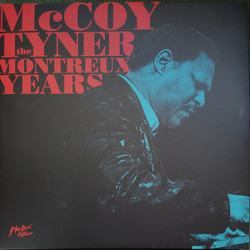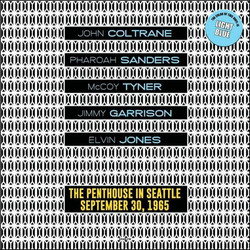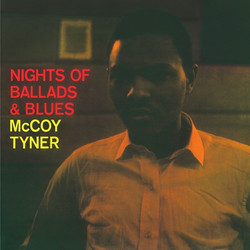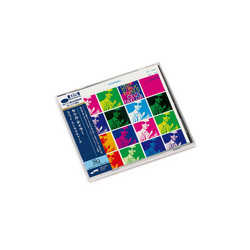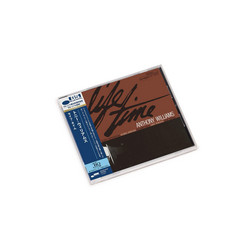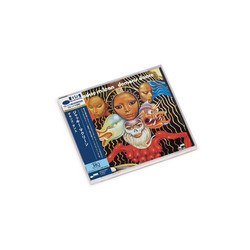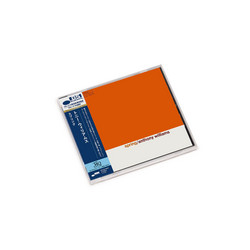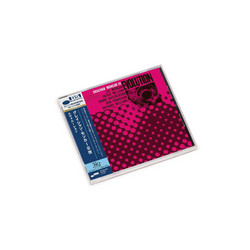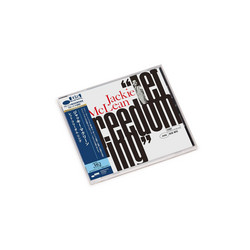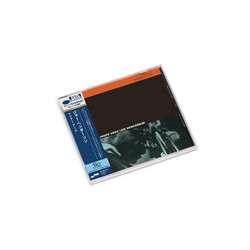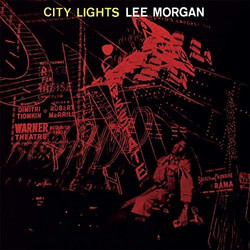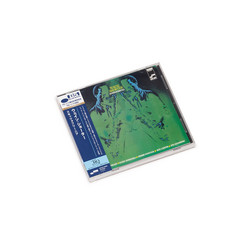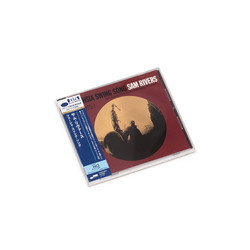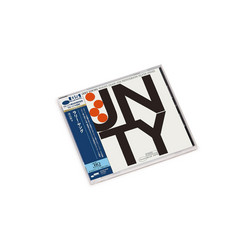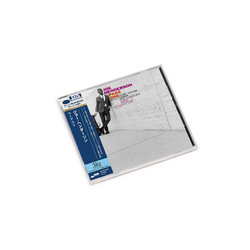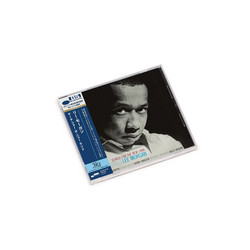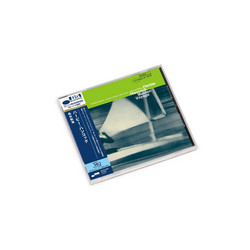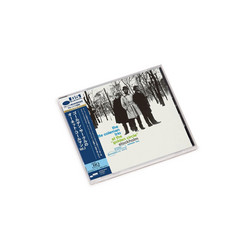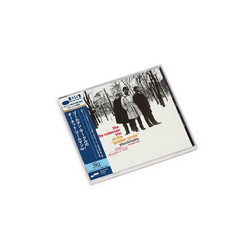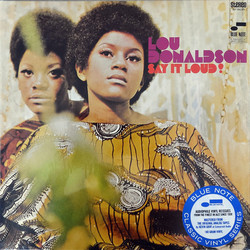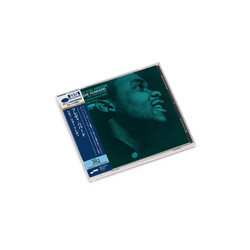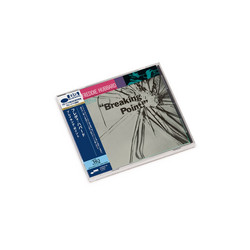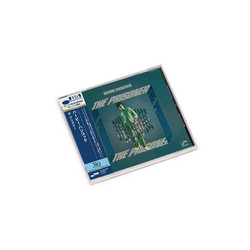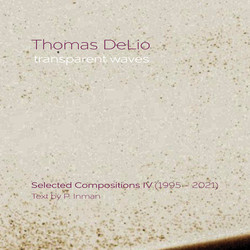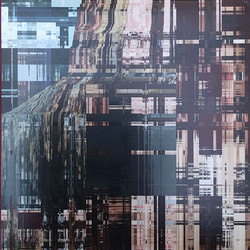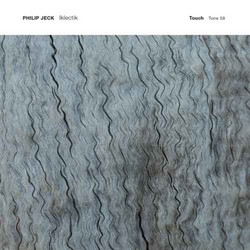We do require your explicit consent to save your cart and browsing history between visits. Read about cookies we use here.
McCoy Tyner looked towards Africa on his stunning 1970 album Extensions, a far-reaching exploration of Black identity that marked the masterful pianist’s fifth recording for Blue Note Records. After leaving John Coltrane’s band Tyner had moved from Impulse to Blue Note and made his enduring post-bop classic The Real McCoy in 1967. In the following years Tyner steadily expanded his musical scope: writing for a 9-piece ensemble on Tender Moments, exploring the textures of a piano-vibes led quartet with Bobby Hutcherson on Time for Tyner, and pushing at the boundaries of mainstream jazz on Expansions. Extensions is perhaps most notable for being the only recorded collaboration between Tyner and Alice Coltrane who plays harp on three of the album’s four pieces (all composed by Tyner) along with Gary Bartz on alto saxophone, Wayne Shorter on soprano and tenor saxophone, Ron Carter on bass, and Elvin Jones on drums. The expansive opener “Message from the Nile” is the centerpiece of the album with its earthy groove, washes of harp, and journeying improvisations. “The Wanderer” begins in a loping rhythm before transitioning into a galloping swing for the freewheeling solos. Side 2 opens with “Survival Blues,” another extended performance that offers each soloist a wide-open expanse before the album concludes with the impressionistic closing piece “His Blessings.”
This stereo Tone Poet Vinyl Edition was produced by Joe Harley, mastered by Kevin Gray (Cohearent Audio) from the original analog master tapes, pressed on 180g vinyl at Record Technology Inc. (RTI), and packaged in a deluxe tip-on jacket.
Recorded February 9, 1970.
With nearly Triple Plus (A++ to A+++) sound on side one this copy has the real Blue Note magic The sound on side one was bigger, clearer, less boxy and simply more relaxed and musical than almost any other side we heard The really good RVG pressings like this one sound shockingly close to live music 4 1/2 Stars: “The all-star sextet stretches out on lengthy renditions of four of Tyner’s modal originals, and there is strong solo space for the leader and the two saxophonists. Wayne Shorter in particular is often quite intense. Stimulating music.”
With Alice Coltrane on harp, this is one trippy album! For those with adventurous tastes you are sure to have an interesting musical experience with this one.
We enjoy the sound of a great many Blue Note pressings from the ’70s, although to be fair there are plenty of dogs out there too. The reason this LP and others from the era have such transparency and such an extended top end compared with some of RVG’s older recordings is due, at least to some degree, to the better cutting equipment he had available to him in the ’70s.
The really good RVG pressings (often on the later labels) sound shockingly close to live music — uncompressed, present, full of energy, with the instruments clearly located on a wide and often deep soundstage, surrounded by the natural space and cool air of his New Jersey studio. As our stereo has improved, and we’ve found better pressings and learned how to clean them better, his “you-are-there” live jazz sound has come to impress us more and more.
What outstanding sides such as these have to offer is not hard to hear:
The biggest, most immediate staging in the largest acoustic space The most Tubey Magic, without which you have almost nothing. CDs give you clean and clear. Only the best vintage vinyl pressings offer the kind of Tubey Magic that was on the tapes in 1972 Tight, note-like, rich, full-bodied bass, with the correct amount of weight down low Natural tonality in the midrange — with all the instruments having the correct timbre Transparency and resolution, critical to hearing into the three-dimensional studio space
No doubt there’s more but we hope that should do for now. Playing the record is the only way to hear all of the qualities we discuss above, and playing the best pressings against a pile of other copies under rigorously controlled conditions is the only way to find a pressing that sounds as good as this one does.
It Takes Work
The true sound of the master tape Rudy Van Gelder has engineered almost never ends up on the record. If it did we’d be out of business by now. You have to work to find the good RVG pressings. When you do find one, they can be as good as any jazz recording you have ever heard.
To belabor the point a bit further, the early pressings, the ones made with the crude cutting equipment of the day, are often going to be lacking in many important respects. Same with any of the imports, especially the Japanese pressings. The fact that many owners of these records have failed to notice their shortcomings is nothing new, and takes nothing away from the pressings that actually do sound good, such as the ones we offer.
The late ’60s and early ’70s were a good time for Rudy Van Gelder. Freddie Hubbard’s Red Clay is from 1970, Grover Washington’s All the King’s Men from 1973, and both are amazing Demo Discs in their own right, one for quintet, one for large group.
But only on the right pressings, another fact that seems to have eluded most jazz vinyl aficionados and at least as many audiophiles.
What We’re Listening For on Extensions
Energy for starters. What could be more important than the life of the music? Then: presence and immediacy. The musicians aren’t “back there” somewhere, lost in the mix. They’re front and center where any recording engineer worth his salt would put them. The Big Sound comes next — wall to wall, lots of depth, huge space, three-dimensionality, all that sort of thing. Then transient information — fast, clear, sharp attacks, not the smear and thickness so common to these LPs. Tight punchy bass — which ties in with good transient information, also the issue of frequency extension further down. Next: transparency — the quality that allows you to hear deep into the soundfield, showing you the space and air around all the instruments. Extend the top and bottom and voila, you have The Real Thing — an honest to goodness Hot Stamper.
Languishing off-catalogue for many years, McCoy Tyner's Extensions may be the pianist's most unjustly neglected album. Strange days, for not only is the music ineffably vibrant, but Extensions is the only recording ever to feature Tyner alongside pianist and harpist Alice Coltrane, who replaced him in saxophonist John Coltrane's group in 1966. The album has one foot in the echoes of John Coltrane's "classic quartet," of which Tyner was a member from 1960-65, and the other in the astral jazz style which Alice Coltrane and saxophonist Pharoah Sanders fashioned in the late 1960s and early 1970s.
After quitting John Coltrane, Tyner moved to Blue Note Records, before signing with Milestone in 1972, where he became a major draw through the decade and into the early 1980s. Extensions was the sixth of seven LPs he made for Blue Note between 1967 and 1970. These include the acclaimed The Real McCoy (1967), one the last albums to be produced by the label's founder, Alfred Lion, before ill-health led to his retirement, and Time For Tyner (1968), and also Asante (1970), another relatively uncelebrated work, which has pronounced stylistic links with Extensions.
The lineup for Extensions included The Real McCoy's drum and bass team of Elvin Jones and Ron Carter, but replaced tenor saxophonist Joe Henderson with Wayne Shorter, on tenor and soprano, and Gary Bartz, on alto. Alice Coltrane is featured on harp on three of Extensions' four tracks: "Message From The Nile," "Survival Blues" and "His Blessings." The first of these has a playing time of 12:21 minutes, the second 13:15, and they are the joint cornerstones of the disc, respectively opening side one and side two of the original LP.
Extensions looks ahead to the global-cultural inclusiveness of Tyner's work for Milestone in the mid and late 1970s, itself an important part of the astral jazz aesthetic. But although the album includes some of that style's signature elements, it does not wholly embrace it. The reasons were likely as much philosophical as musical.
As a devout Muslim, Tyner would have had little time for astral jazz's pantheism, and presumably even less for the psychedelics used by some of its practitioners. But he had long been drawn to African music, another astral signature, telling interviewer Frank Kofsky in 1966 that Africa was where he looked for inspiration (see Kofsky's Black Nationalism and the Revolution in Music, Pathfinder Press, 1970). With Elvin Jones in the band, Tyner, like John Coltrane before him, had a direct line to African music's rhythmic legacy, and with Alice Coltrane, he had one of astral jazz's most influential artists on board too.
Extensions, then, is astral jazz without the bells, reefer, acid and incense. The opening track, "Message From The Nile" (the title could have come straight off a contemporaneous Pharoah Sanders or Alice Coltrane Impulse! album), opens with Coltrane's sweeping harp glissandos before settling into a steady, West African-derived groove supported by an earthy bass ostinato. There are soaring, lyrical solos from Tyner, Wayne Shorter, on vocalized tenor, and Coltrane.
"The Wanderer," which follows, is medium-fast hard bop and more closely in "classic quartet" territory. It is a restless, questing performance, which moves into free rhythm and outer edge harmonics, with solos from Tyner, both saxophonists and Jones.
The final two tracks, the medium-fast "Survival Blues," which also edges into atonality, and "His Blessings," a peaceful modal ballad, take us back into the mystic. Coltrane colors both tracks, and solos on "His Blessings." And someone, possibly Coltrane, is heard on bells behind Carter's solo on "Survival Blues." Like "Message From The Nile," both tracks are gorgeous.
Extensions is not certified astral jazz, but it follows a parallel musical path. Currently, in 2011, on-catalogue again, it deserves wider recognition.
This stimulating LP has an interesting combination of players. It may be the only recording to include both pianist McCoy Tyner and his successor with the John Coltrane Quartet, Alice Coltrane (who adds atmosphere with her harp). The set also matches the young altoist Gary Bartz with Wayne Shorter (doubling on tenor and soprano), whom he succeeded in Miles Davis' group, and reunites Shorter and bassist Ron Carter, and Tyner and drummer Elvin Jones. The all-star sextet stretches out on lengthy renditions of four of Tyner's modal originals, and there is strong solo space for the leader and the two saxophonists. Wayne Shorter in particular is often quite intense.
Related products
More by McCoy Tyner
More from Blue Note
Become a member
Join us by becoming a Soundohm member. Members receive a 10% discount and Free Shipping Worldwide, periodic special promotions and free items.
Apply hereSoundohm is an international online mailorder that maintains a large inventory of several thousands of titles, specialized in Electronic/Avantgarde music and Sound Art. In our easy-to-navigate website it is possible to find the latest editions and the reissues, highly collectible original items, and in addition rare, out-of-print and sometime impossible-to-find artists’ records, multiples and limited gallery editions. The website is designed to offer cross references and additional information on each title, as well as sound clips to appreciate the music before buying it.
Soundohm is a trademark of Nube S.r.l.
